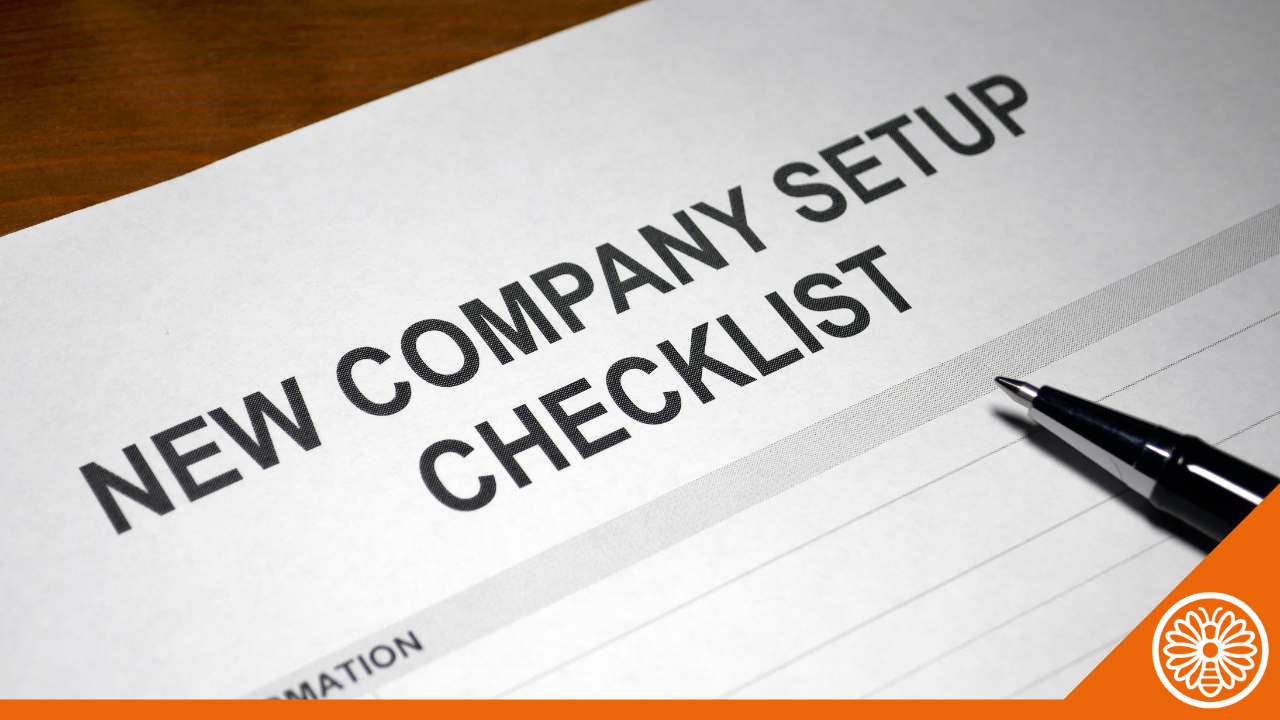Filing For Bankruptcy in HK?
While it is important to know how to start up a company, it is equally as important to understand what options you have should you face the unfortunate situation of having to close your company down. Companies with no debt and that have updated records can consider deregistration which we’ve already written an article and even made a quiz about. But what if a company has debts, and there is no hope of making a comeback? Many would think to file for bankruptcy, but in Hong Kong, there is no formal insolvency process protection to a company in dire circumstances from its creditors. What we do have is a process called winding up of a company, but it is not the same as in the US or UK where you can file for bankruptcy with zero cents in the bank, winding up costs, and it costs quite a lot.

Voluntary winding up and compulsory winding up are the two main ways a Hong Kong company can be wound up. In some cases, the Companies Registry may strike off your company from their records or very rarely to avoid winding up altogether a Scheme of Arrangement can be considered. Below we explain each option in more detail.
Voluntary winding up
Voluntary winding up is usually implemented when shareholders of a company as the name suggests voluntarily decide to wind up the company. It is easier than the process of compulsory winding up and can be commenced by a special resolution of the shareholders resolving that the company will be wound up. Then the next step will depend on the solvency of the company.
If the company is solvent, the directors will make a certificate of solvency; then the shareholders will appoint a liquidator (commonly known in Hong Kong as a trustee) who will take control of the winding up process.
If the company is insolvent, then the company shall call a meeting of the creditors which involves giving notice in local newspapers and the Government’s Gazette. Once this is done, the creditors can then appoint a liquidator who will take over the process.
Compulsory winding up
Compulsory winding up, on the other hand, is done by application to the court. This method is usually used by creditors when debts are unpaid, or by shareholders when there are shareholders’ disputes or oppression of minority shareholders.
It is also possible for shareholders of a company to pass a special resolution for its winding up by the court, but this is rarely practiced due to the legal costs involved. Shareholder’s normally opt to voluntarily wind up instead so there will be no need to go through complicated and costly court procedures.
Schemes of Arrangement
An option to save a company from having to wind up altogether is to enter into a Scheme of Arrangement or reconstruction. It is also, however, a complicated and costly process. Essentially it is a proposal to pay all creditors in a certain manner to fully discharge all debts (usually less than full payment). It requires the approval of a specified majority of the creditors and sanction of the court. But in practice, it is almost never used for small companies.
Strike off by the Companies Registry
In some cases, where a company fails to meet the necessary filing requirements of the Companies Registry, the Companies Registry can also strike off the company from their records if they have reasonable cause to believe that the company is not in operation or carrying on business. But from experience, it is quite a rare occurrence for the Companies Registry to exercise this power not to mention unpredictable. The Companies Registry appear to use this power mainly as a “cleaning up” method to clear out any longstanding stagnant companies in their records.
Overall, it’s Expensive…
While the very reason for winding up is the fact that there is no money available to pay off existing debts, ironically the process of winding up is expensive. In the case of winding up by application to the court, the process is very expensive due to the legal fees involved. Comparatively, the costs for voluntary winding up are much cheaper, but still, the process is far from cheap. The reason being that the company may have to engage a CPA and/or sometimes even lawyers to assist in handling the procedures and documentation. There will also be costs for advertising through newspapers, the Gazette, etc.
Implications
Because of the costs, very often companies with financial problems will not wind themselves up. But instead, they will leave it to their creditors to do so and to bear all the related costs. Of course, there is the possibility that the creditor may not take action to wind up particularly in cases where the chance of recovering anything will be very slim as they will deem it not worthwhile to take any action. This, however, means that the company is left in a state of limbo, so it is useless but also cannot be shut down.
What to do?
We hope you don’t, but if you find yourself in a situation where you need to consider winding up, we would suggest that you take action sooner rather than later. Unless there is really a good chance that the business can recover, you would be better off winding up the company voluntarily while you are still able to. Winding up is the best way to officially declare your company as insolvent and the closest option to bankruptcy that you’ll have.
Think you may be able to consider deregistration instead? iNCUBEE can help investigate.Or talk to an iNCUBEE agent via our website chat.




